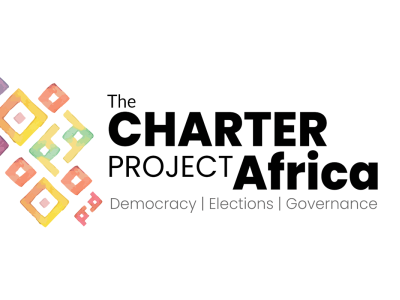
Ringing the church bell - The role of churches in governance and public performance in Papua New Guinea
A case study prepared for the project ‘Capacity, Change and Performance’ organised by ECDPM. This case describes the role of churches as an institutional actor within the governance landscape in Papua New Guinea (PNG). It discusses the existing capabilities within the church community to engage in advocacy and policy-related work, and highlights the existing capabilities which are in place for it to continue functioning as a partner of government in the delivery of social services. The overarching objective is to look at the interplay between endogenous change processes and the development of capabilities within the churches and to see how this has translated into the performance of various church-based institutions and the capacity of the church sector as a whole. To that end, the case looks at the factors underpinning the participation of church organisations in strengthening ‘governance’ in PNG, and how they have contributed to social service delivery throughout the country. In relation to the latter, the study considers, to the extent possible, the ‘management capacity’ of churches in order to understand why and how the churches have been relatively successful in the delivery of services. Finally, it discusses the challenges and opportunities facing the churches in PNG in the current context. The broader church community and its networks are taken as the ‘unit of analysis’, but with a particular focus on those church groups which are active in different areas of ‘governance’, including the enhancement of public performance in health and education. The issue of ‘governance’ is discussed in more detail in section 1.2.
Loading Conversation


